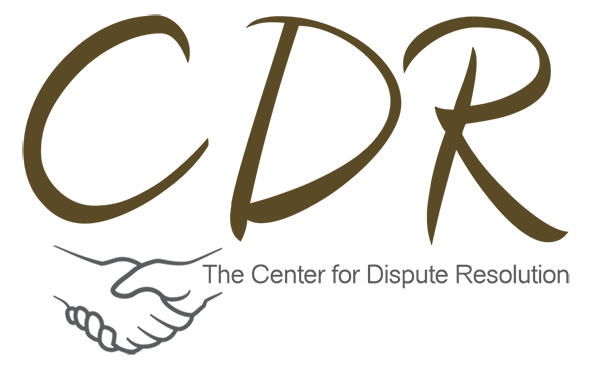
Resolving Workplace Disputes: Harnessing the Power of Conflict Coaching
In any workplace, interpersonal conflicts are bound to arise, and problem employees can be a challenging aspect to handle for employers and HR professionals. However, fostering a positive work environment and promoting teamwork is essential for overall productivity and employee satisfaction. One effective and proactive approach to address problem employees is through conflict coaching. In this blog post, we’ll explore how conflict coaching can be a valuable tool to tackle workplace disputes, enhance communication, and create a harmonious and productive work atmosphere.
1. Understanding Conflict Coaching
Conflict coaching is a specialized method of resolving conflicts that empowers employees to manage and resolve their disputes independently. Unlike traditional mediation or disciplinary measures, conflict coaching focuses on improving an individual’s conflict resolution skills, emotional intelligence, and communication abilities. The primary goal is to enable employees to face conflicts constructively, transforming adversarial situations into opportunities for growth and cooperation.
2. Identifying Problem Employees
Before engaging in conflict coaching, it’s crucial to identify problem employees objectively. These individuals may exhibit behaviors such as constant negativity, disruptive communication, lack of teamwork, or a refusal to adapt to changes. Pinpointing the root cause of these issues is the first step in addressing and resolving the problem effectively.
3. Tailored Coaching Sessions
Conflict coaching sessions should be tailored to meet the unique needs of each individual. Trained conflict coaches can work one-on-one with problem employees to assess their strengths, weaknesses, and triggers in conflict situations. Through active listening and open dialogue, coaches can uncover the underlying issues, helping employees gain self-awareness and explore alternative approaches to handling conflicts.
4. Promoting Self-Reflection
Conflict coaching encourages problem employees to engage in self-reflection, fostering a deeper understanding of their emotions, beliefs, and reactions. By exploring their own behavioral patterns, employees can identify any negative attitudes or biases that might be contributing to workplace conflicts. Self-awareness is the foundation for personal growth and positive change.
5. Enhancing Communication Skills
Effective communication is paramount in resolving workplace disputes. Conflict coaching hones employees’ communication skills, teaching them how to express their thoughts and concerns assertively and respectfully. They also learn to actively listen to their colleagues, demonstrating empathy and understanding. Improved communication minimizes misunderstandings and helps in finding common ground, leading to more constructive conflict resolution.
6. Building Emotional Intelligence
Conflict coaching places significant emphasis on developing emotional intelligence (EI). EI enables individuals to recognize and manage their emotions and empathize with others effectively. Problem employees who undergo conflict coaching gain emotional maturity, allowing them to respond calmly and thoughtfully during conflicts rather than reacting impulsively.
7. Creating Actionable Strategies
Conflict coaching is not about theoretical discussions alone. Coaches help problem employees develop practical, actionable strategies for resolving conflicts and preventing similar issues in the future. These strategies may involve setting boundaries, seeking feedback, or engaging in collaborative problem-solving with colleagues.
8. Monitoring Progress
Conflict coaching is an ongoing process, and regular follow-ups are essential to monitor progress and ensure the implemented strategies are effective. Feedback from employees and colleagues can be valuable in understanding the impact of conflict coaching and making further adjustments if needed.
Conclusion
Addressing problem employees through conflict coaching is a proactive and transformative approach to fostering a healthy work environment. By enhancing communication, emotional intelligence, and conflict resolution skills, problem employees can become valuable contributors to the organization’s success. As a result, conflict coaching not only resolves immediate workplace disputes but also equips employees with lifelong skills that promote cooperation, productivity, and job satisfaction. Embracing conflict coaching as a tool for resolving workplace conflicts can lead to a more harmonious and prosperous work environment for all.
✅ Resolve disputes effortlessly. ✅ Build stronger relationships. ✅ Subscribe FREE now!
Don't miss out! Join us today. 🚀


Comments are closed